|
|
|
|
Walking past a local pharmacy the other day, I wondered what on earth was going on – the store was packed, with a queue snaking out of the shop and around the corner. It seems the pharmacy had just taken stock of some rapid antigen tests, and plenty of people were desperate to get their hands on them.
In fact, people across the country are desperate for the home-testing kits as COVID case numbers skyrocket thanks to the emergence of the highly contagious Omicron variant, which is now mingling with Delta. So why don’t we have more tests available, and why are they so expensive? Prime Minister Scott Morrison has refused calls for the government to intervene, arguing he won’t “undercut” businesses by funding the tests.
Mark Kenny argues Morrison’s approach makes neither economic nor political sense. If the government doesn’t pay for the tests, it will end up paying a much heftier price in other ways. And it is a strange approach in an election year for the government to remove itself from the centre of pandemic management, calling into question Morrison’s political judgement.
|

|
Amanda Dunn
Section Editor: Politics + Society
|
|
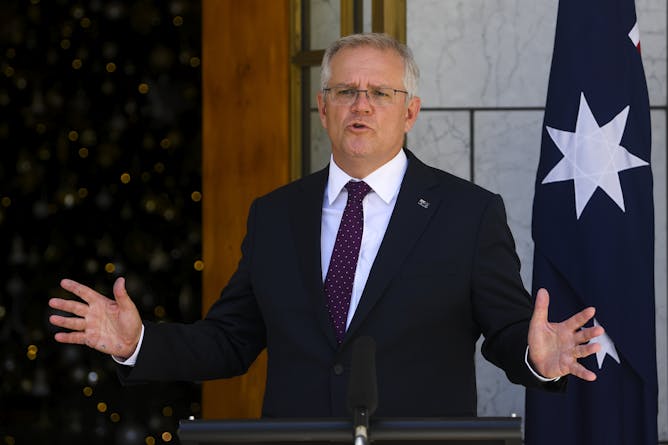
Mark Kenny, Australian National University
The prime minister’s inflexibility on the home-testing COVID tests is beyond curious - especially in an election year.
|
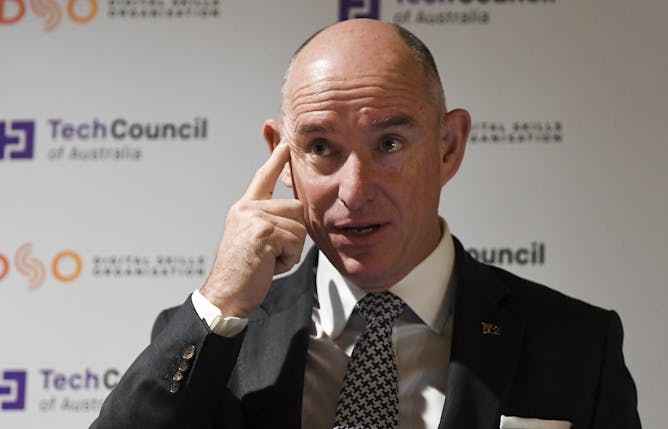
Julieanne Lamond, Australian National University
Government vetos of academic research reveal a worrying ignorance of the value of literature to Australia’s society, culture and economy.
|

Cynthia Faye Isley, Macquarie University; Kara Fry, Macquarie University; Mark Patrick Taylor, Macquarie University
Trace metal exposure can lead to concerning neurocognitive effects in people of all ages.
|
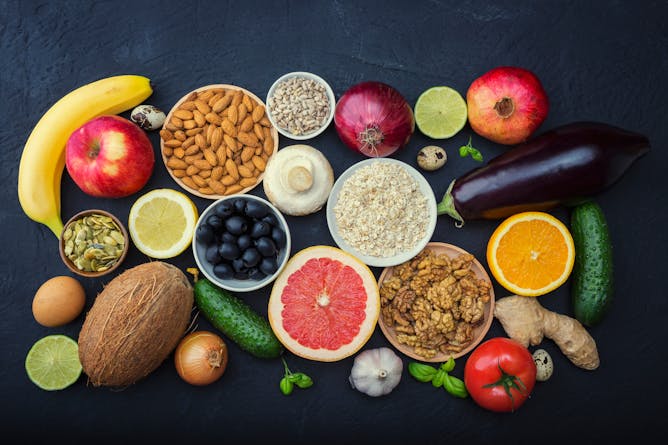
Clare Collins, University of Newcastle
As a laureate professor in nutrition and dietetics, people often ask me what I eat. Here are four plant-based foods I have on my weekly grocery list.
|
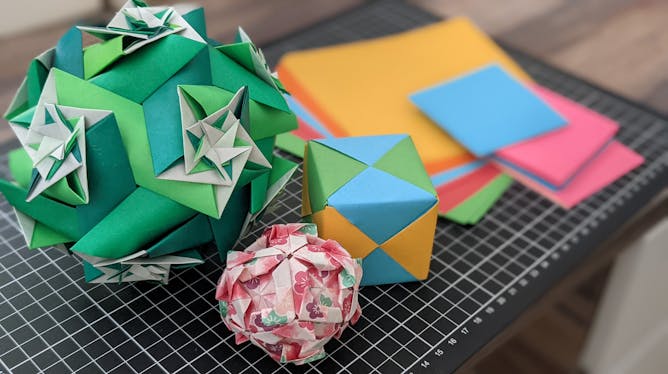
Julia Collins, Edith Cowan University
I’m a mathematician whose hobby is origami. It has inspired mathematicians to solve problems once thought impossible, and create folding telescope lenses, airbags and solar panels.
|
Science + Technology
|
-
Mike W Morley, Flinders University; Diyendo Massilani, Max Planck Institute for Evolutionary Anthropology; Matthias Meyer, Max Planck Institute for Evolutionary Anthropology; Richard 'Bert' Roberts, University of Wollongong
Genetic analysis of intact blocks of sediment from archaeological sites reveals that microscopic fragments of fossil bone and faeces are the main sources of ancient DNA.
|
|
Environment + Energy
|
-
Simon Batterbury, The University of Melbourne; Alejandro Manga, Drexel University; Matthias Kowasch, Pädagogische Hochschule Steiermark ; Ruth Lane, Monash University
Building a culture of cycling is essential, especially where bike use is low. A global movement of community bike workshops, also known as bike kitchens, can help.
|
|
| |
Featured jobs
|
|
|
| |
| |
| |
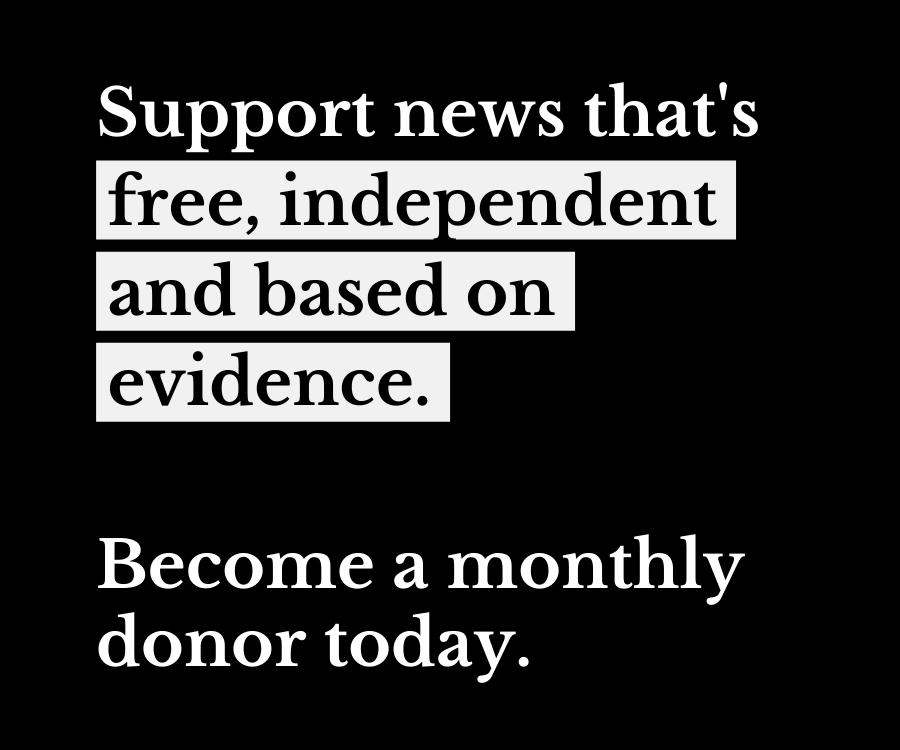
|
| |
| |
| |
Featured Events & Courses
|

|
— Victoria, Australia — The Conversation Weekly Podcast
|

|
— Australian Capital Territory, Australia — Politics with Michelle Grattan
|

|
— UNSW Sydney, Sydney, New South Wales, 2052, Australia — UNSW
|

|
— UNSW Sydney, Sydney, New South Wales, 2052, Australia — UNSW
|
|
|
|
| |
| |
| |
| |
| |
|
|
|
|
|
|
|